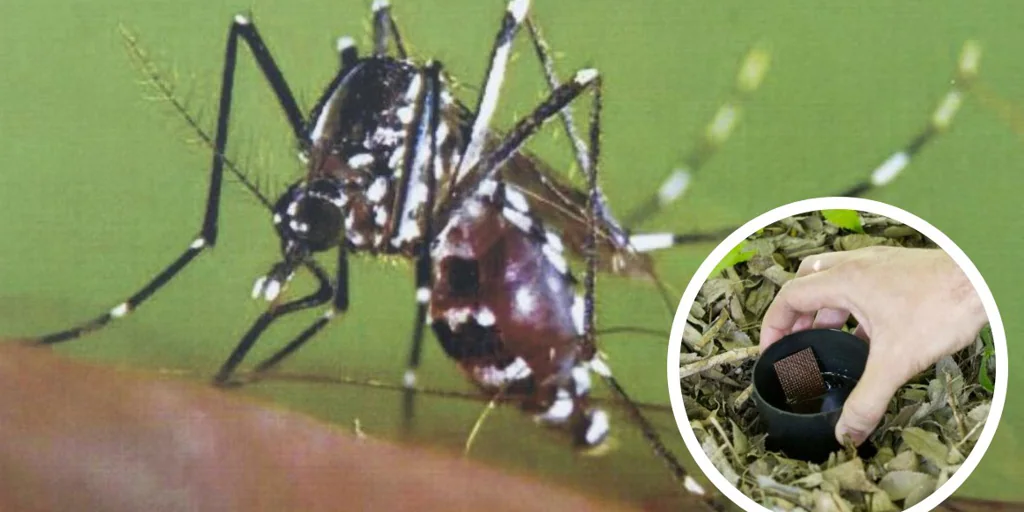Madrid is on high alert for dengue fever after recording twice as many cases as in 2023.

Dengue is today one of the emerging diseases with the greatest risk potential worldwide, mainly due to globalization, climate change and floods. This year the Community of Madrid has doubled the number of registered cases against … the same period as the previous one, reaching 76 during the first 24 weeks of 2024, according to the latest data from the Infectious Disease Surveillance and Control Division of the General Administration of Public Health Surveillance.
This disease is transmitted through a bite tiger mosquito, an aggressive black insect with a white line from head to chest and white spots on the legs and belly. Its bite affects people of all ages, with symptoms ranging from mild fever to respiratory distress. There is currently no cure for this virus, although early detection and appropriate medical care in case management can significantly reduce mortality.
In Madrid, there is an increasing trend in cases of this virus, transmitted by the tiger mosquito. Registrations rose from 86 in 2019 to 13 in 2021 before jumping to 124 in 2022 and 138 in 2023, all imported. Now the region is faced with a figure that warns of high incidence, as the epidemic index (IE) – the number of cases recorded up to the corresponding week in the current year, divided by cases recorded in the same period of the previous year – in the region is 2.5.
Until June 16, 76 cases of infection were registered, double (an increase of 105.4%) the number recorded during the same period last year, according to the latest weekly epidemiological bulletin of the Community of Madrid.
Travel related matters
At the moment, not a single case of the disease has been identified among local residents in the region, and all of them are travel-related. However, summer has just arrived – the time when insect vectors begin to become active. The same week, the World Health Organization (WHO) warned of an increase in dengue fever cases. As of June 20, there have been more than 9.6 million dengue cases (4.7 million confirmed), more than 19,000 severe cases and more than 5,000 deaths.
cases
In recent years, there has been a trend of increasing incidence in the region. In 2021, only 13 cases were recorded. However, the following year there was a rebound and 124 were discovered.
Health authorities have been focusing their attention on mosquito- and tick-borne diseases come spring for several years now. It all stemmed from a Leishmania outbreak in 2010 in Fuenlabrada, Leganes and Getafe, and health authorities monitored the diseases and developed vector control systems.
Thus, in order to avoid the spikes recorded in recent years, there is a surveillance network that operates both near the roads leading to their natural habitat and in other places prone to the appearance of these insects. like hunting grounds. In addition, there is even a mobile application “Mosquito Alert”, where any citizen can send photos of insects that he considers unusual. CSIC technicians are responsible for analyzing it and reporting it if a tiger mosquito is found among them.
Prevention
Although control is the responsibility of health authorities, raising awareness among both the public and health professionals is very important. At the individual level, protective measures include using repellents or treating clothing and wearing long-sleeved shirts and trousers; Using household insecticidal sprays or mosquito coils and window and door screens to reduce the likelihood of mosquitoes entering the home.
